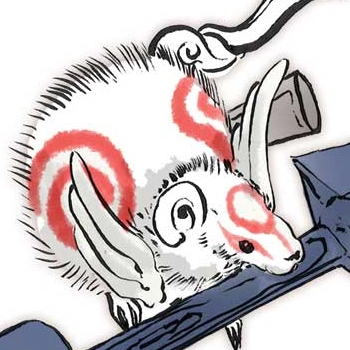I could be wrong here, but it seems to me that a common aspect amongst all languages is the tendency to raise the pitch of your voice slightly when asking a question. Especially at the end of a question sentence.
If I’m wrong about this raised pitch being common amongst all languages, at the very least do all languages change their tone slightly to indicate that a question is being asked?
I guess there needs to be some way to indicate what is and isn’t a question. Perhaps a higher pitched voice reflects uncertainty. Is this something deep rooted in humans, or just an arbitrary choice when language developed?


Do you really think thats true?
“Rhetorical” questions - like this one - are specially interesting because, while they follow the syntax of a genuine question, they’re pragmatically assertions. You’re implying “this is not true”, even if you’re phrasing it as a question.
And that phrasal pitch contour that you see in yes/no questions is dictated by the pragmatical purpose of the utterance, so if the “question” is not actually a question, it doesn’t get it.
Can you tell me more?
Yes, I can.
/me leaves the roomSerious now, this sentence is a great example because, even if phrased as a yes/no question, you’ll typically see it being used as a request - “please tell me more”. And as such you’ll often hear it without the higher pitch associated with yes/no questions.
I read this as you emphasizing true, not pitching up.
need that exponent formatting on lemmy